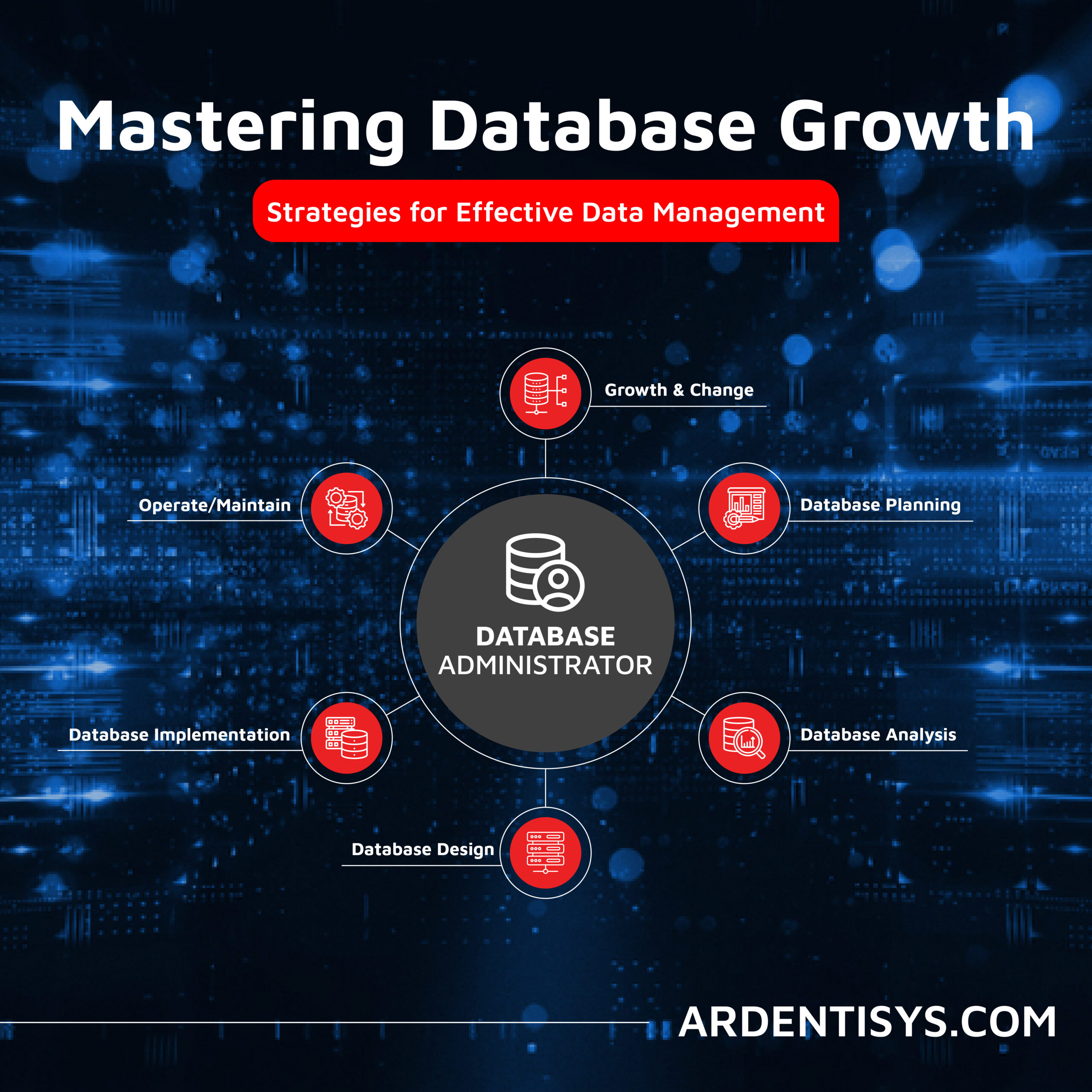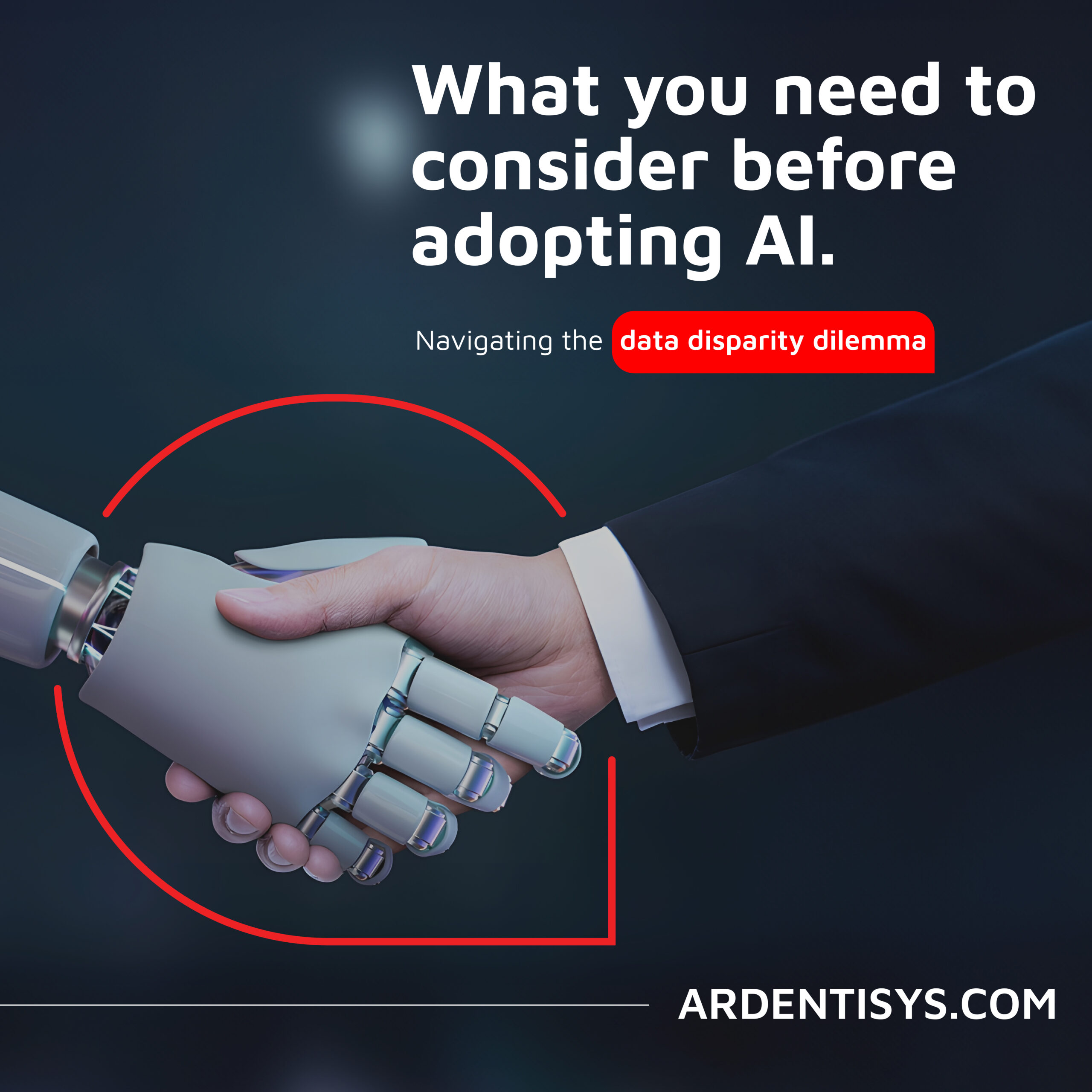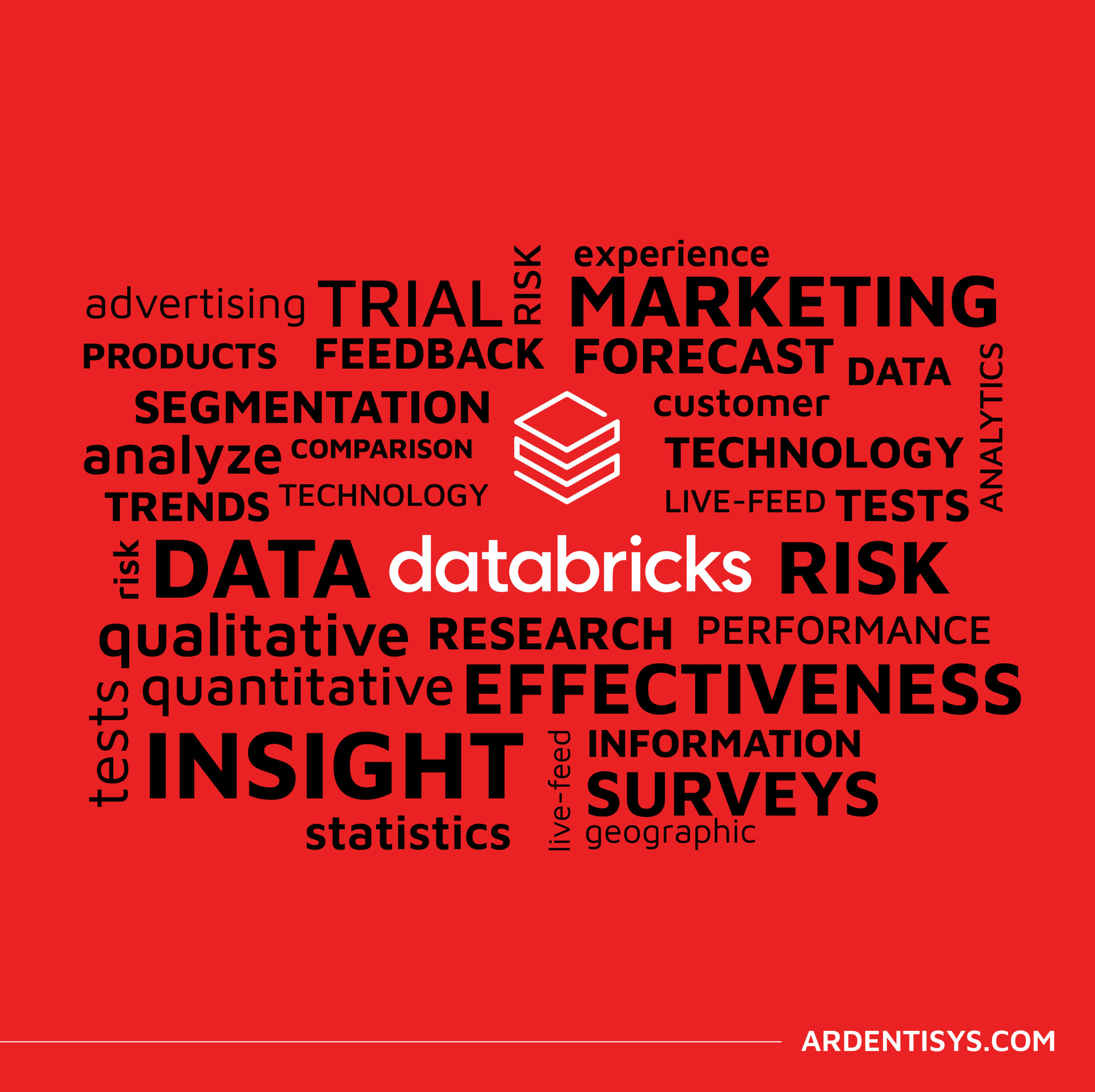How to build a highly efficient data engineering team
13 January 2023 | Noor Khan

Data engineering is a highly sophisticated discipline, with a lot of moving parts and constant evolutions in practices and processes as technology continue to evolve and grow - and this is not just on an individual business level but on an industry-wide scale.
According to the 2022 LinkedIn ‘Jobs on the Rise’ report, Data Engineer is one of the fastest-growing jobs in the UK, yet despite this growth, and the advantages of data engineering, only 30% of companies currently have a well-articulated data strategy.
Having the right people in the right places, with the right skills to do the jobs, is critically important at the best of times, and in a situation where your data management, software, and technological infrastructure rely on them – it is absolutely essential.
Data engineers are responsible for not only developing and designing the programs, but also for managing the production and build of the given products, and having efficient data engineering teams’ available means time, money, and resources and can be put to their most effective use. Development of the right team does not take place overnight – you need to know what to look for, both in terms of technical skill and operational capabilities.
Features and components of successful teams
Before a business can get started on managing their data effectively, securely, and cost-effectively, they need to know what it is that they are looking to achieve and that the data engineering team are experienced, qualified, and capable of handling large amounts of data, and sensitive systems.
The scope of the project and the amount of data needing to be managed must be considered; this could mean outsourcing the entire project or working as a hybrid team with select outside experts joining your own staff for the duration.
The type of team formation required does depend on the skillsets and abilities of your own staff, and whether they have the necessary abilities, tools, and access to applications and technologies required – it is, after all, not always cost-effective to purchase licenses and software for single projects – rather it can be more effective (and require less training) to bring in experts who already have access and the correct qualifications.
When selecting a data engineering team, there are a number of important criteria that need to be met regardless of the project at hand.
The chosen team should be:
- Comfortable using existing technologies
- Take a consistent approach to integration and new ways of handling or managing data
- Looking beyond the ‘now’ and planning for the future, and not relying on ‘legacy’ approaches that may be on the verge of obsoletion
- Flexible and adaptable to new changes
- Working with a deep knowledge of data modelling and engineering concepts, not only of those they are immediately working with, but also those in the industry that have been used to manage and maintain builds
When it comes to creating teams, and successfully handling data management, time and human resources are precious, as it is the people in the team and behind the programming that will drive the work forward - technology can only really move forward at the speed and ability of the people who are operating it after all.
Key steps to building a successful team
Whether you are creating an in-house data engineering team, bringing in experts to handle the complex requirements of your task, or are developing a hybrid unit - it is important to know who you are working with, what they can handle, and whether the team will function as required (at a minimum).
In order to get this balance, there are a number of key steps you need to take or address before you get the team started.
- Cultivate the right mindset in the team.
Data engineering is not the sort of role that allows you to blindly follow instructions and understand the bare minimum. Ideal team members are analytical, they ask questions, and they take an engineering approach to problems – often breaking them down into smaller tasks in order to identify critical elements or key issues.
When putting together your team, you want to work with people who are happy to work to a plan and can follow instructions meticulously, but you also want them to be able to speak up or ask questions if something is not developing as it should, or if they have noticed something that needs addressing. - Work out access requirements and reduce delays or restrictions
In order for the data engineers to work, they need to have access to the relevant data. This can often mean working directly with source datasets, undertaking end-to-end testing of data pipeline codes to ensure there are no run issues, and to automate monitoring in order to maximise efficiency.
Some data may be sensitive or restricted access, by identifying these potential issues and designating specific team members to handle those areas, delays and potential issues can be averted, whilst still preserving data security. - Encourage discussion and working together
This is especially relevant to hybrid teams, as it can sometimes be a point of contention to bring outside advisors or team members into a unit. By clearly outlining boundaries, determining responsibilities, and keeping an open dialogue, any potential friction can be removed from the project. This may sound like something of a given, but it is important to remember that respect is earned – and team members should all want to complete a project in the best possible manner, even if that means working with others outside of their usual sphere of influence. - Take a flexible approach to the tasks and setting deadlines
The amount of data produced each day by different companies will vary depending on their size and needs, but data engineering is a discipline that can see enormous amounts of information coming through the pipelines and software on a regular basis.
Not every database or data pipeline has the same amount of data flowing through it, nor are they all of the same importance. In order for teams to do their best work, they need to prioritise, focus, and effectively manage these different elements, in accordance with their position and need.
Making use of work methods such as SCRUM and being able to pivot on priorities can help to keep the team focused, and available to work on the day-to-day issues and activities as well as the long-term development and maintenance of the systems.
Data engineering may sound extremely complicated, and it is not an easy discipline – but the benefits to your business, when making full use of your data sets, operational systems, and your team, a certainly worth the effort.
Ardent data engineering teams
At Ardent we have worked with a wide variety of clients dealing with a range of data. Our data engineering team have worked independently and as a hybrid with the client team to achieve common goals. If you are looking for a data engineering services provider that adopts a process driven approach, is forward-looking when it comes to technology and has a proven track record of success, here is why Ardent is the right choice.
Certifications in world-leading technologies including Certified AWS Partnership and Microsoft Gold Partnership with a commitment to ongoing training, learning and investment in the latest technologies.
Get in touch to find out more or explore our data engineering services.
Ardent Insights

Overcoming Data Administration Challenges and Strategies for Effective Data Management
Businesses face significant challenges to continuously manage and optimise their databases, extract valuable information from them, and then to share and report the insights gained from ongoing analysis of the data. As data continues to grow exponentially, they must address key issues to unlock the full potential of their data asset across the whole business. [...]
Read More... from How to build a highly efficient data engineering team

Are you considering AI adoption? We summarise our learnings, do’s and don’ts from our engagements with leading clients.
How Ardent can help you prepare your data for AI success Data is at the core of any business striving to adopt AI. It has become the lifeblood of enterprises, powering insights and innovations that drive better decision making and competitive advantages. As the amount of data generated proliferates across many sectors, the allure of [...]
Read More... from How to build a highly efficient data engineering team

Why the Market Research sector is taking note of Databricks Data Lakehouse.
Overcoming Market Research Challenges For Market Research agencies, Organisations and Brands exploring insights across markets and customers, the traditional research model of bidding for a blend of large-scale qualitative and quantitative data collection processes is losing appeal to a more value-driven, granular, real-time targeted approach to understanding consumer behaviour, more regular insights engagement and more [...]
Read More... from How to build a highly efficient data engineering team






